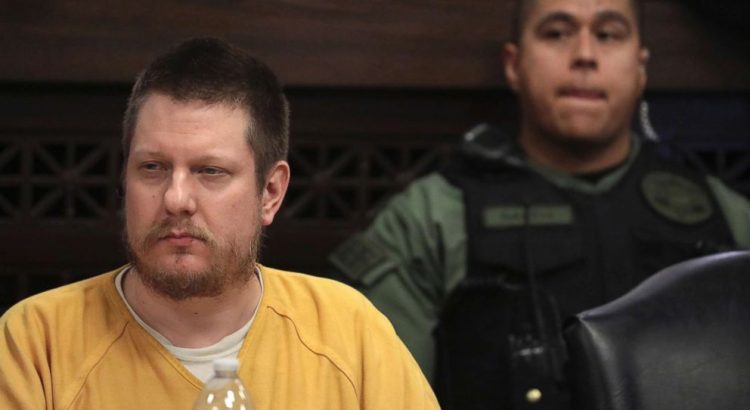The police often get it wrong when it comes to drug arrests. You may feel powerless and intimidated by your incarceration, but it is important to remember that you still have rights as an American citizen. You are innocent until proven guilty. You need not confess to a drug crime that you did not commit. You should instead contact an attorney such as the ones found at http://www.mcphielaw.com/.
Your Rights
You will no doubt feel the pressure and weight of the state against you. The police may even try to coax you into confessing to something you did not do by saying that things will go easier for you. Do not believe them. You should instead exercise your Fifth Amendment right to say nothing that might incriminate you. It is best to hold out until you have a chance to speak with an attorney.
Once your lawyer arrives, they will advise you as to the questions you have to answer and the ones you don’t. If you are too rattled and shaken by your arrest, you need not say anything at all. It is perfectly fine to let your lawyer speak for you.
Your lawyer will also examine the evidence the police say they have against you. Police officers tend to exaggerate their case against the people they have in custody. If your lawyer determines that the police have nothing linking you to a drug crime, then they will arrange for your release.
Challenging the Prosecution
If the authorities are allowed to hold you and move forward with their case, your attorney will start building your defense. They will start by looking at the investigation the police carried out and the evidence they seized. Such investigations tend to focus on places and persons suspected of criminal activity. You may know one of the individuals the police had under surveillance. Or, you may have been at an apartment or house they have been monitoring.
It is not uncommon for the police to arrest and charge everyone they scoop up in a raid. However, a person cannot be convicted for simply being in a place in which there has been drug activity. Nor can they be arrested for being associated with someone who deals drugs. In other words, your association with such places and people is not illegal and cannot be used as ground for a conviction.
Your lawyer will point out the shortcomings in the prosecution’s evidence against you and the errors in their case. They will raise the reasonable doubt that is necessary to undermine the state’s case against you.
If you are guilty of the crime you have been charged with, all is not lost. In many cases, the authorities are investigating a larger organization and the figures who run it. They may think that you possess information that can help them. If this is the case, your lawyer can negotiate with prosecutors and cut a deal in which you tell them what you know in exchange for a reduced or suspended sentence.




